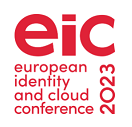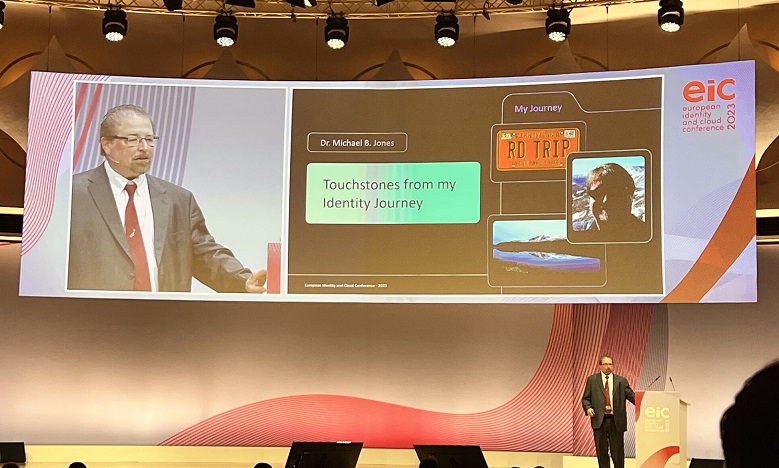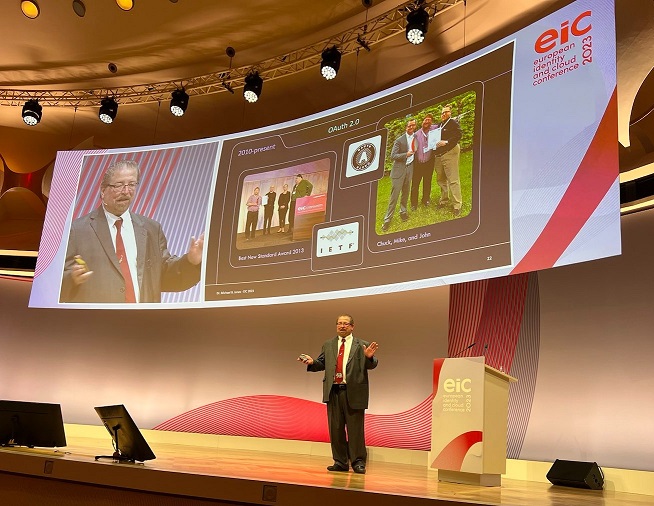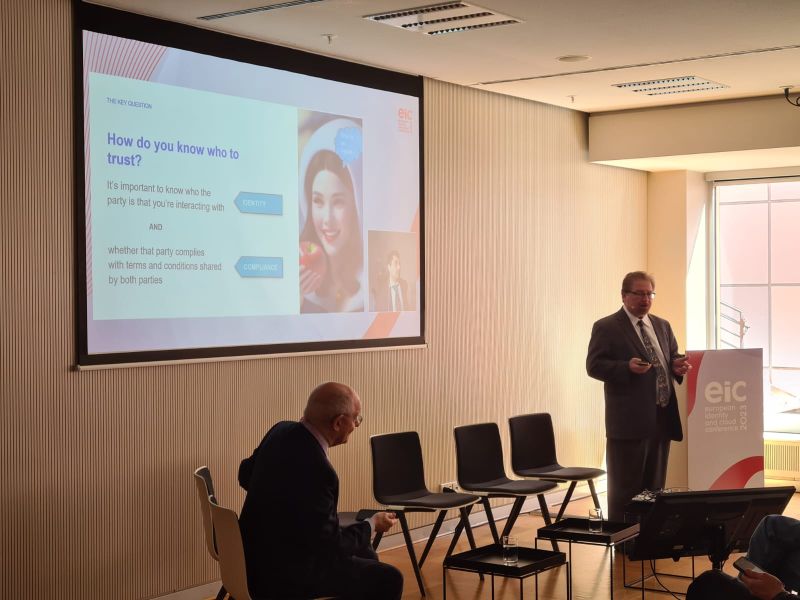 OpenID Federation draft 31 has been published at https://openid.net/specs/openid-federation-1_0-31.html and https://openid.net/specs/openid-federation-1_0.html. It’s the result of concerted efforts to make the specification straightforward to read, understand, and implement for developers. Many sections have been rewritten and simplified. Some content has been reorganized to make its structure and relationships more approachable. Many inconsistencies were addressed.
OpenID Federation draft 31 has been published at https://openid.net/specs/openid-federation-1_0-31.html and https://openid.net/specs/openid-federation-1_0.html. It’s the result of concerted efforts to make the specification straightforward to read, understand, and implement for developers. Many sections have been rewritten and simplified. Some content has been reorganized to make its structure and relationships more approachable. Many inconsistencies were addressed.
Some inconsistencies fixed resulted in a small number of breaking changes. For instance, the name “trust_mark_owners” is now consistently used throughout, whereas an alternate spelling was formerly also used. The editors tried to make all known such changes in this version, so hopefully this will be the last set of breaking changes. We published draft 31 now in part to get these changes out to implementers. See the history entries at https://openid.net/specs/openid-federation-1_0-31.html#name-document-history for a detailed description of the changes made.
A comprehensive review of the specification is still ongoing. Expect more improvements in the exposition in draft 32. With any luck, -32 will be the basis of the next proposed Implementer’s Draft.
We’re definitely grateful for all the useful feedback we’re receiving from developers. Developer feedback is gold!








